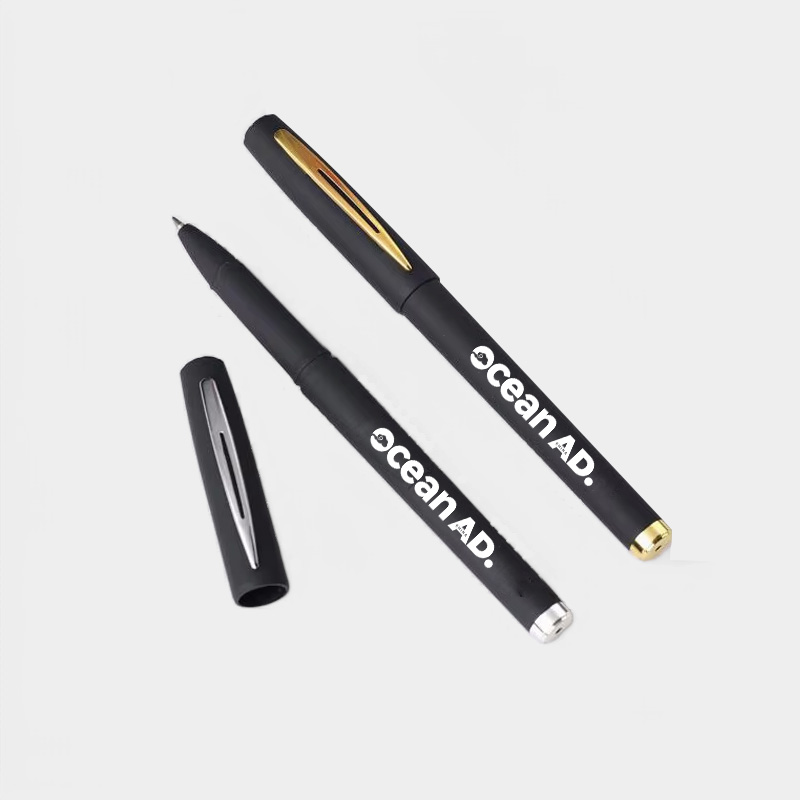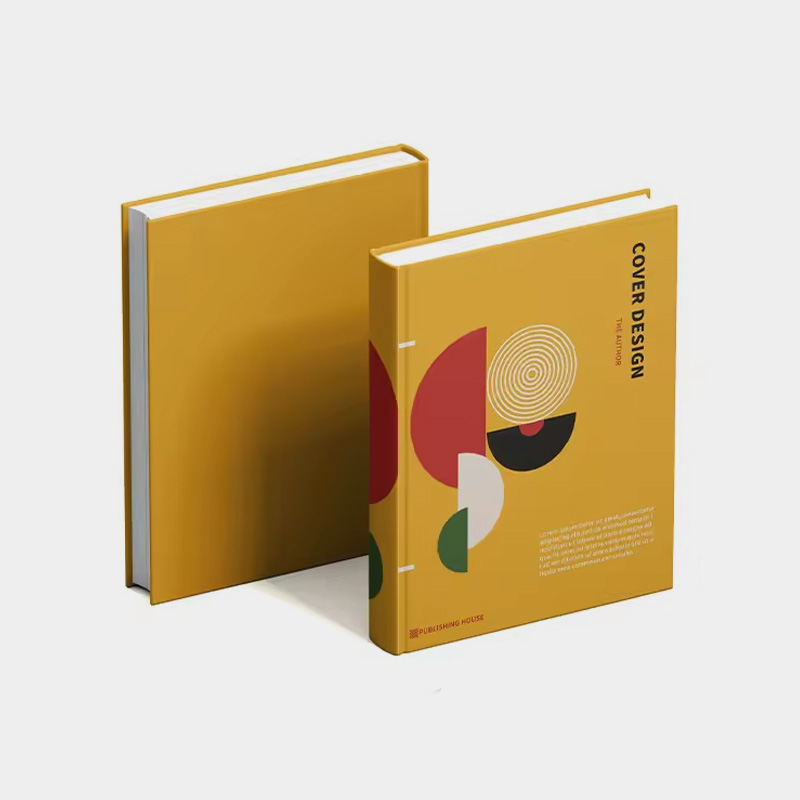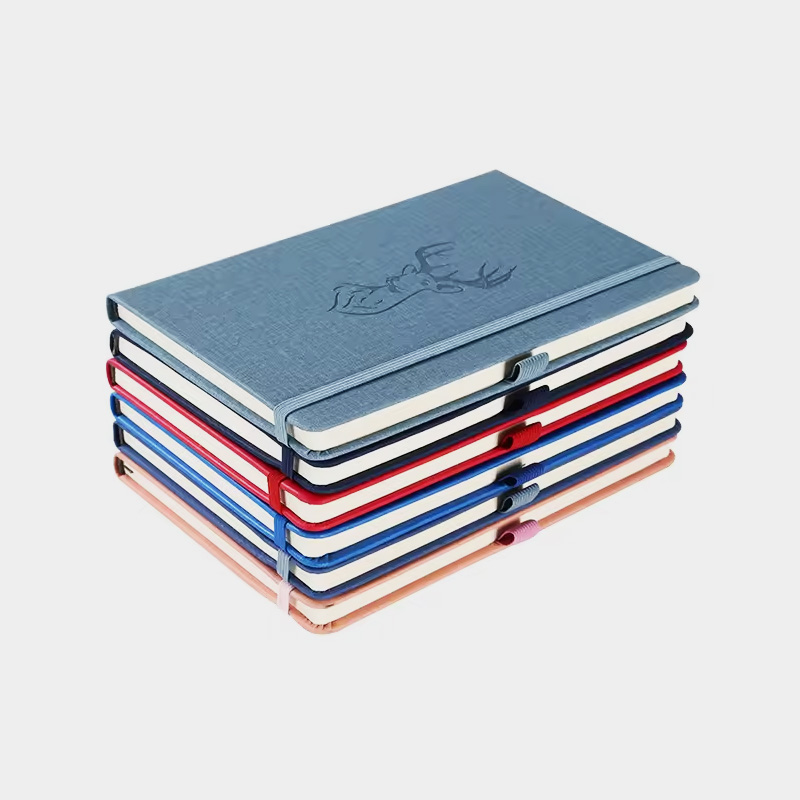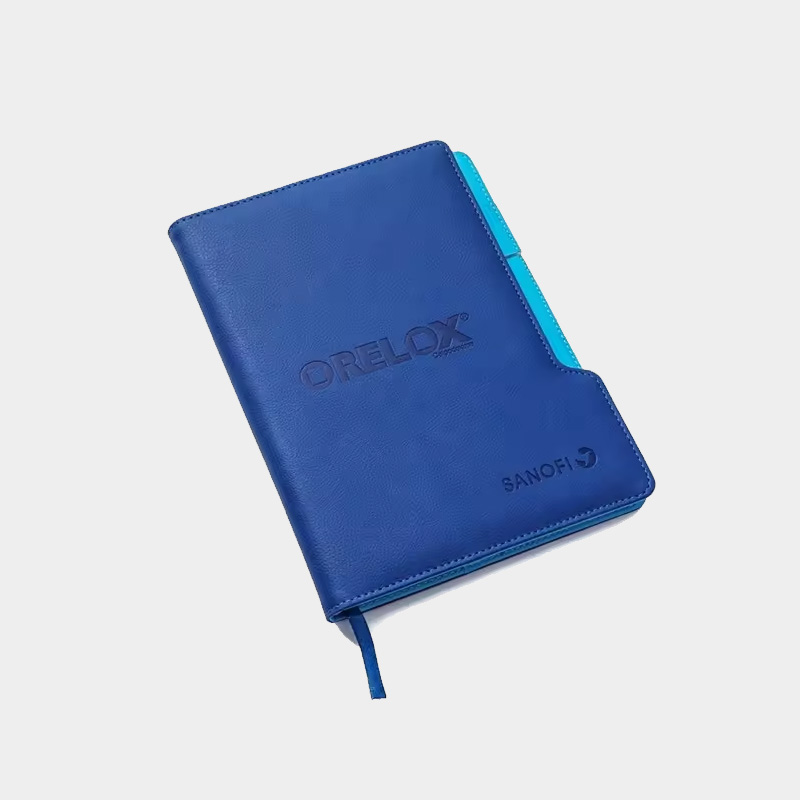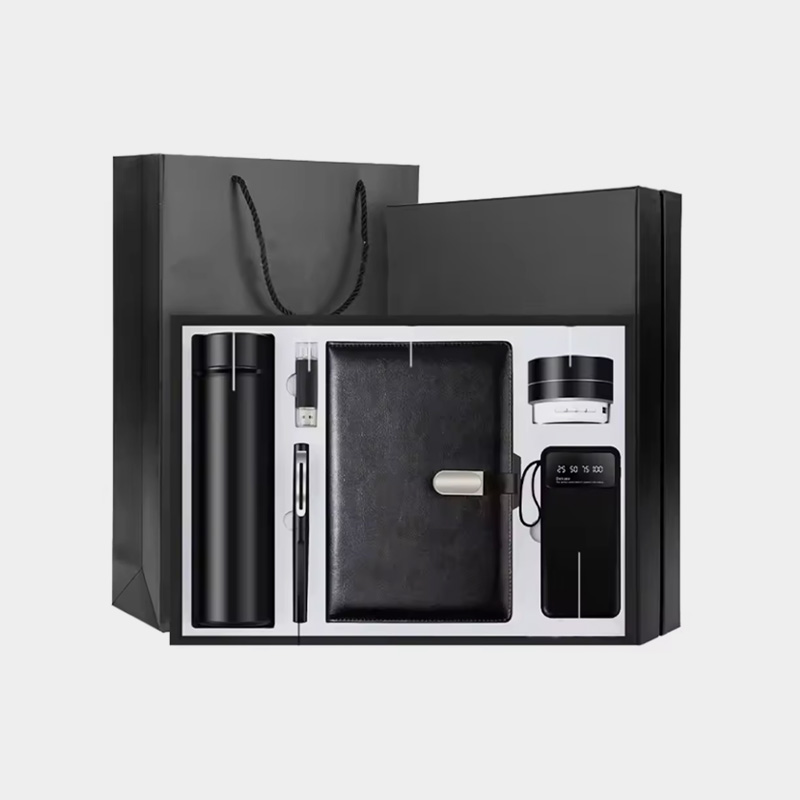The quality of color prints determines whether the prints are popular. Generally, it is not very proficient, but the surface color is bright. As for why some prints have better colors, and some have great differences in quality, these are all related to the machine. Some of them are related to the level of printing masters. Then there are many types of prints. Color printing requires color matching. So what are the main factors that affect the color of prints?
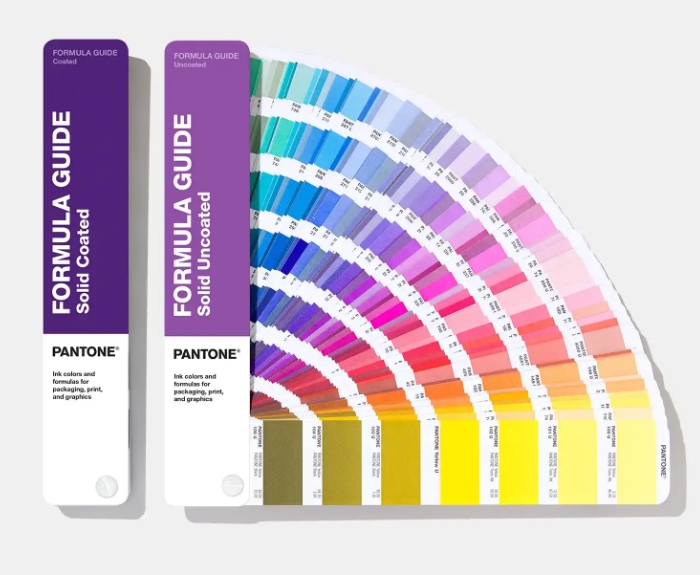
Printing color difference caused by pressure discomfort
Printing pressure is one of the conditions for ink transfer. Since the surface of the printing plate cannot be absolutely flat, the surface of the paper will inevitably have subtle unevenness and uneven thickness. If the printing pressure is insufficient or uneven, the printing ink layer will be easy. Unevenness occurs. The ideal printing process is based on “three flats”, that is, the printing plate surface, the substrate and the lining surface are required to reach a relatively flat condition, so that a relatively uniform ink color can be obtained on the printed product. When the printing pressure is insufficient or uneven, and there is poor contact between the lining body and the printing plate, it is necessary to increase the amount of ink to meet the visual effect of inking on the plate, but this will not only increase the consumption of ink , and it is easy to produce color difference in printing and quality problems of stickiness of printed products. Therefore, to prevent the occurrence of printing color difference, we should grasp the basic conditions of printing “three levels”, and use uniform and constant pressure for printing.
Printing color difference caused by bad ink roller
In lithography, letterpress and other printing processes, whether the printed product can obtain uniform ink color, the quality of the rubber roller plays a crucial role. There are generally three types of ink transfer rollers, ink distribution rollers and inking rollers on the machine for printing color prints. The elasticity, viscosity, centerness, hardness and surface finish of the ink roller largely determine the ink quality of the printed product. If the elasticity of the inking roller is poor, the viscosity is insufficient, the roller body is eccentric, the colloid is too hard, and the colloid finish is poor, etc., it is easy to cause uneven or unstable ink brushing during the printing process, so that the printing ink color of each printed sheet is inconsistent. Therefore, high-quality rubber rollers should be used for printing color products to ensure that the ink applied to the layout in each printing cycle remains basically the same.
Printing color difference caused by bad ink feeding device
When the circularity of the ink fountain iron roller is poor or there is wear and deformation, the ink fountain steel plate is also worn and deformed, and the mechanism that controls the rotation of the ink fountain roller is defective, which makes the ink supply unstable during the printing process, and also causes printing color difference. There are two adjustment methods to increase or decrease the conveying volume in an all-round way. One is to adjust the gap between the ink fountain steel sheet and the ink transfer (ink supply) iron roller; the other is to adjust the rotation radian of the ink transfer iron rod. When the ink is relatively thin, it is not advisable to adjust the gap between the steel sheet and the iron rod to be too large, so as to avoid ink leakage and cause uneven ink color. When adjusting the amount of ink supply, the rotation arc of the ink transfer iron rod should generally be controlled between half of its adjustment range, so that when the ink concentration changes during the printing process, the amount of ink supply can be flexibly adjusted to ensure the printed product. The ink color is uniform and consistent to prevent the occurrence of printing color difference.


